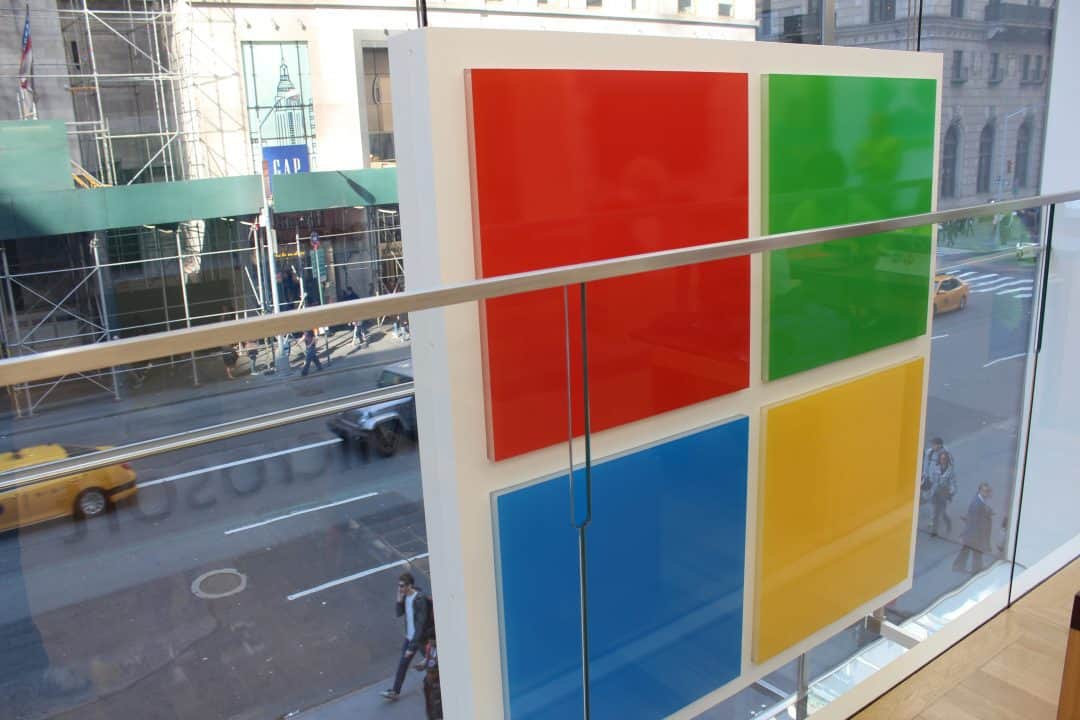Over this last weekend at the University of Washington, and in 41 other cities around the world, technology professionals gathered to partake in a “Fishackathon.” Coordinated with Earth Day, these events all had the goal of using data, science, and technology to reduce global overfishing while also protecting the environment we all have come to call home.
The event is funded by Vulcan Philanthropies, but Microsoft was also an organizing sponsor of the two-day “Fishackathon.” Overall, the technologists at the event worked with selected experts to define and scope nine specific challenges.
As per the Microsoft blog post about the event, some of the proposals seen at the event included:
- Image-recognition technology capable of identifying mass-caught fish as they are brought into boats, in order to capture quantity, species, maturity and health. The amount of data needed to create the model is significant, but the impact would be huge, in terms of better understanding those species at potential risk.
- A tracking system to monitor improperly disposed of nets, a major, yet common, problem. Such nets are pollutants that can harm large numbers of fish at a time. If a fishing operation is continuously buying nets but never disposing of them, they’re likely tossing them, intentionally or not, into the sea. Providing an incentive to turn in nets to a registered recycle facility allows regulatory bodies to track which boats are being responsible and which are polluting oceans with old gear.
The winning team, King Triton, was responsible for a solution that uses fishing vessel data to catch those breaking international and other laws governing the fishing industry. The prize for the team was $10,000 and also the solution being developed by a third-party development team funded by the State Department. Global winners, however, will be anounced on World Oceans Day, June 8, with the U.S. winner’s team’s proposal also being submitted to the U.S. Department of State’s global competition around the same time.



